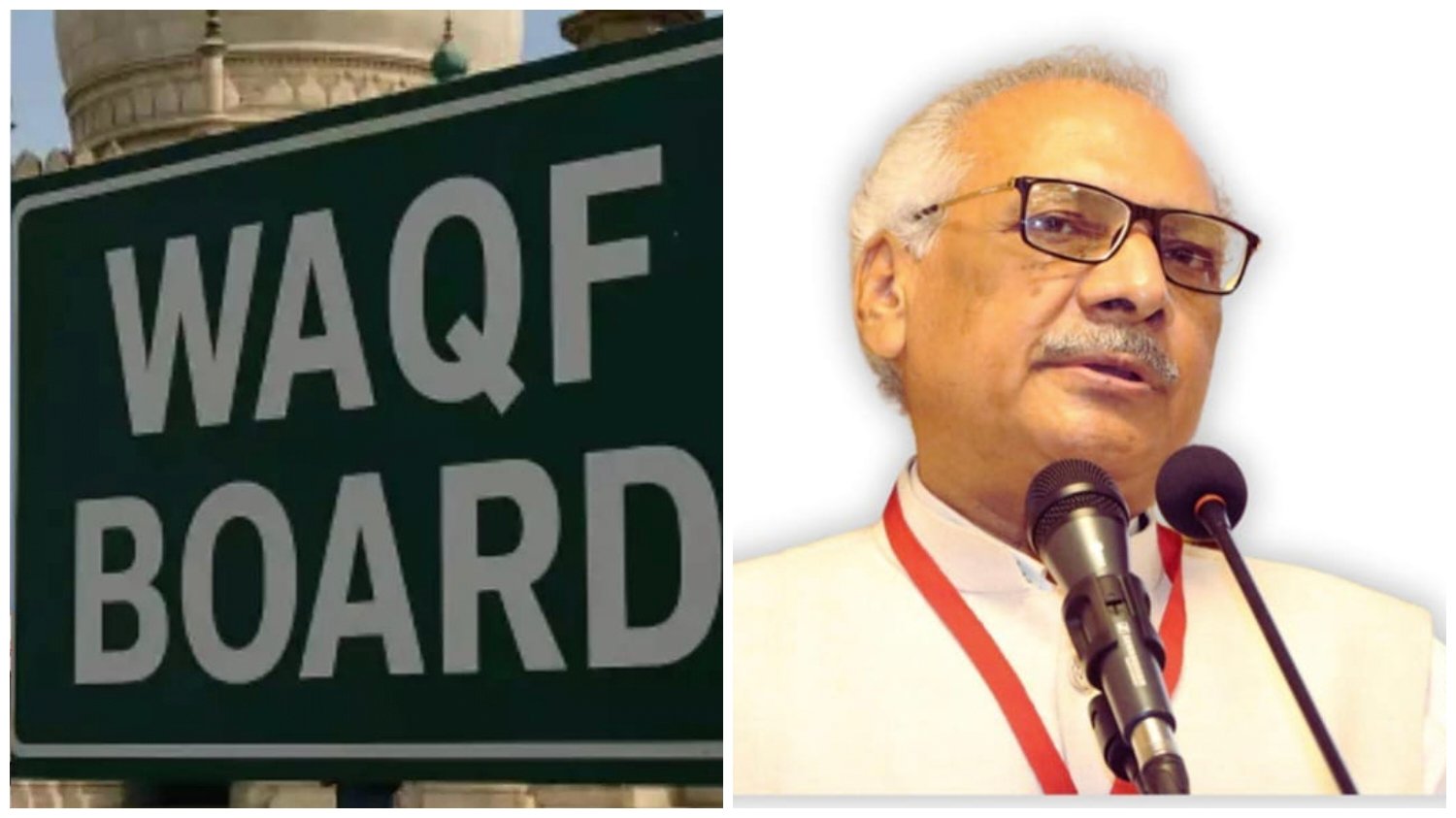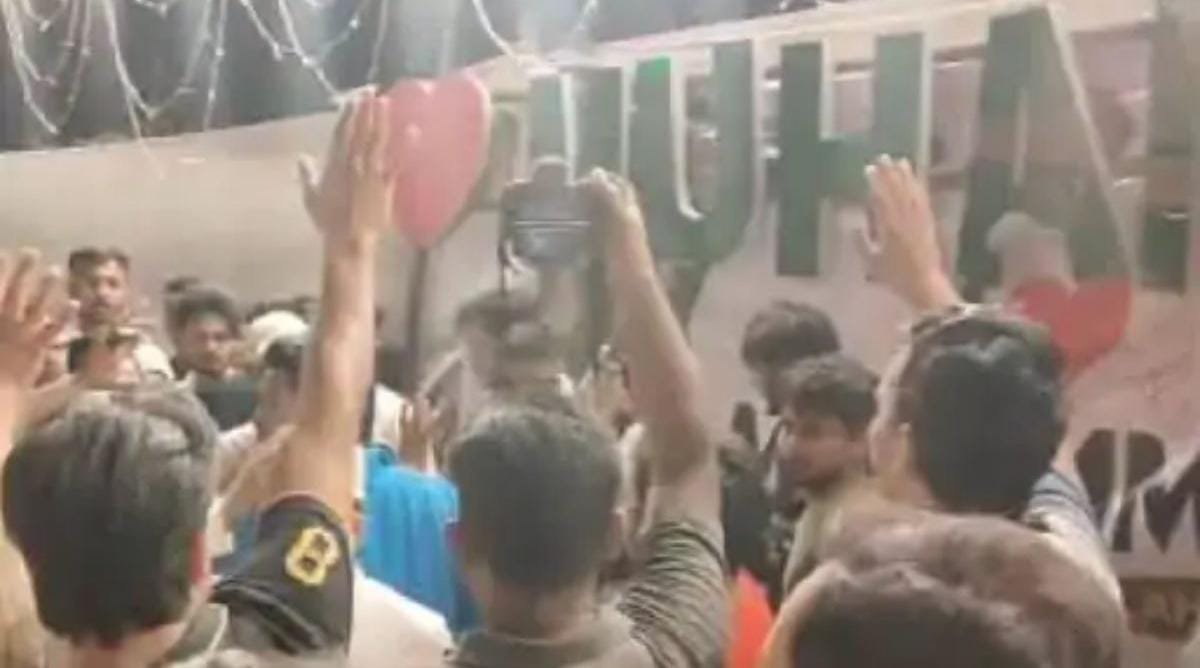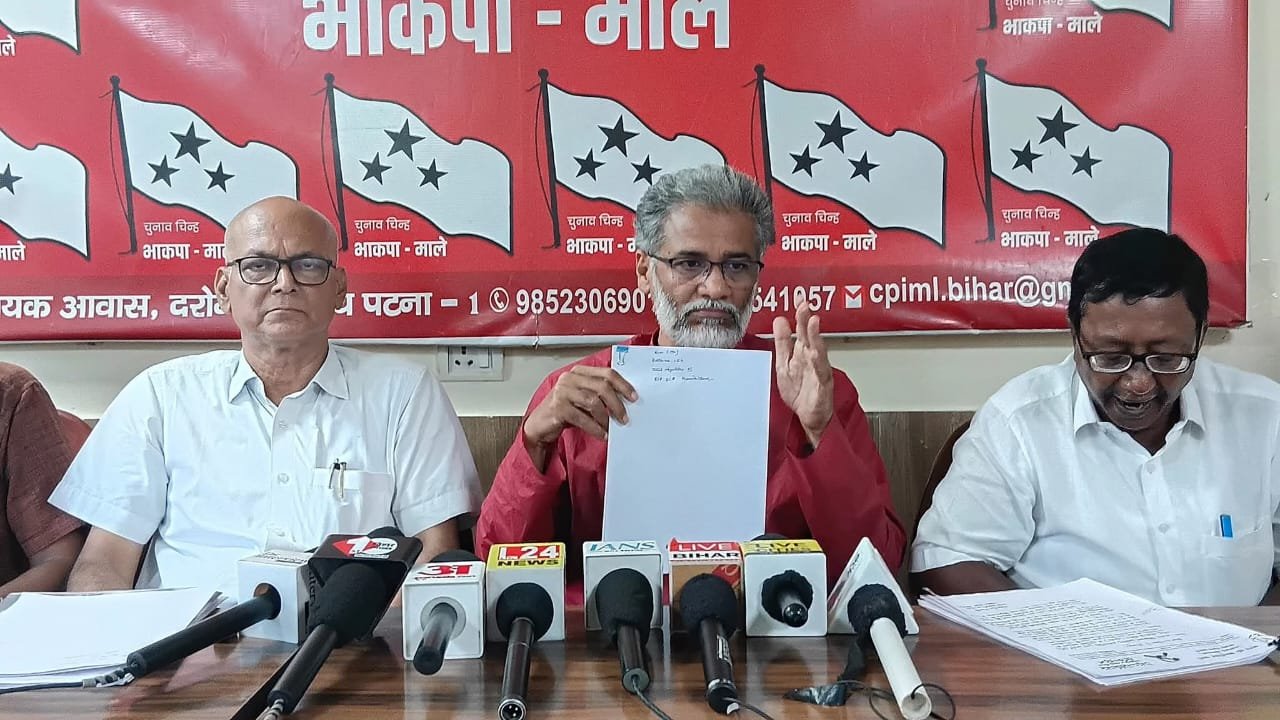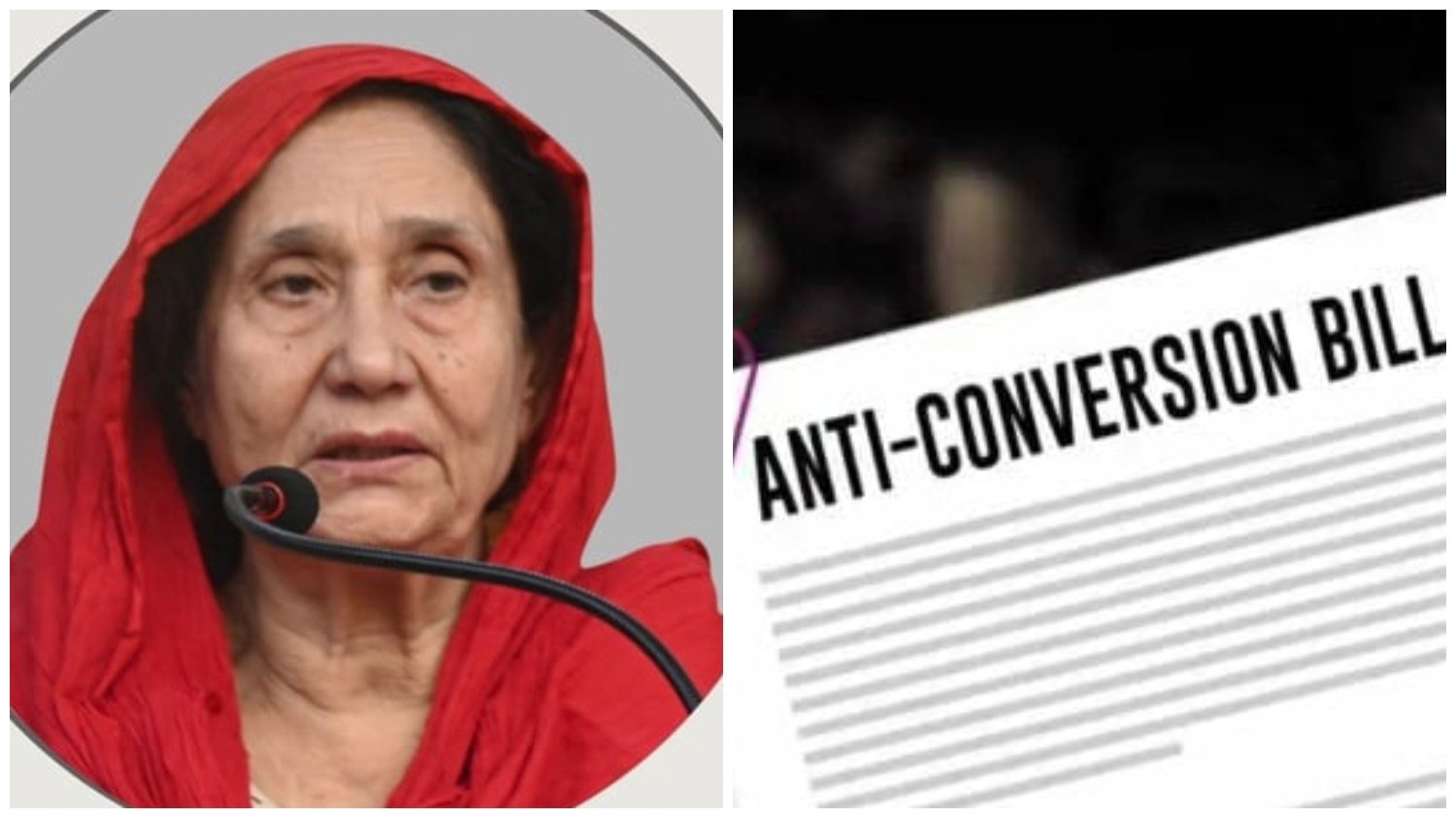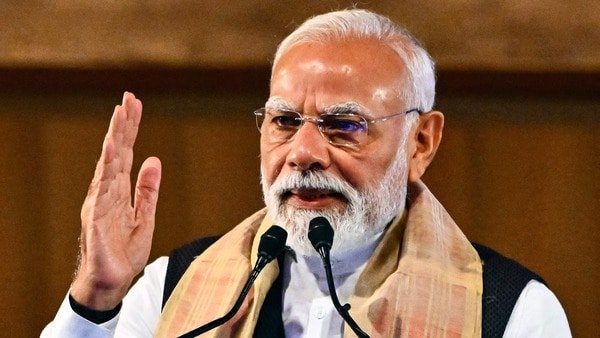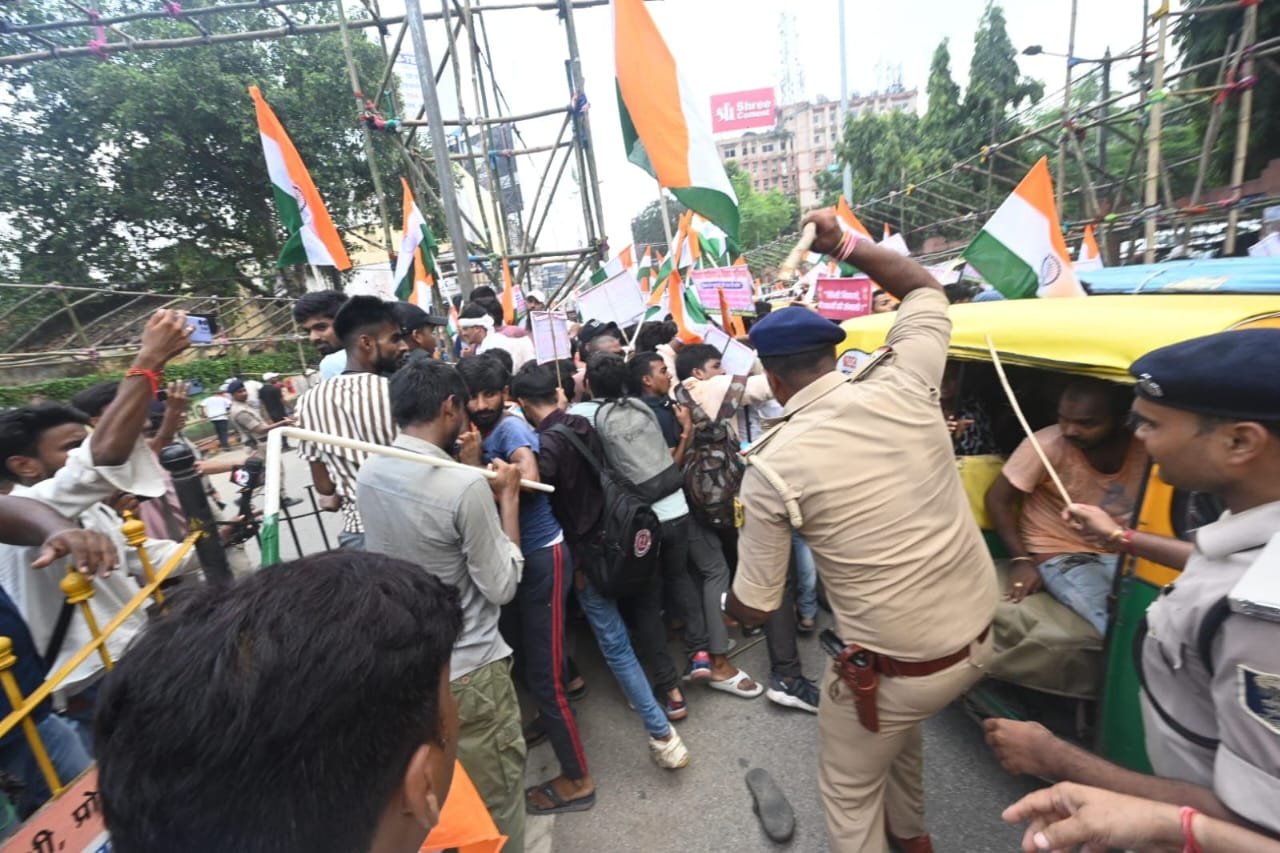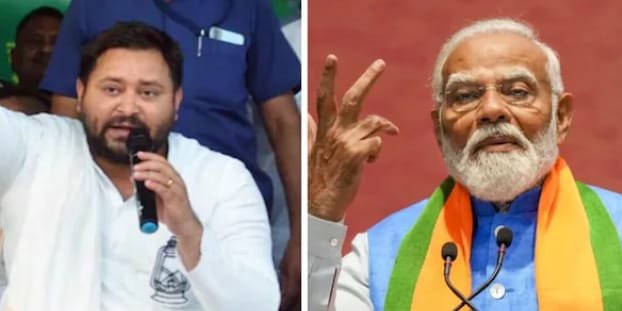Insaaf Times Desk
The Social Democratic Party of India (SDPI) has expressed strong dissatisfaction over the Supreme Court’s interim order on the Waqf Amendment Act, 2025. Party national vice president, Advocate Sharafuddin Ahmad, said that while the Court has stayed a few provisions of the Act, several “dangerous clauses” remain in force, posing a serious threat to the religious rights of Muslims and the autonomy of Waqf institutions.
According to the SDPI, the Supreme Court has only stayed clauses such as the “five-year practice of Islam” condition, but provisions like the application of the Limitation Act, the abolition of waqf by user, and restrictions on creating new waqf in certain areas are still operative. The party condemned this as “incomplete and unsatisfactory” for the Muslim community.
Advocate Sharafuddin Ahmad also expressed particular disappointment that the Court refused to block the inclusion of non-Muslims in state waqf boards and the Central Waqf Council, calling this “disheartening and unjust.”
The party further warned that mandatory registration of waqf properties—likely to exclude many historic waqfs—remains a “hanging sword” over the community. The SDPI stressed that the interim order cannot be considered a “complete victory.”
In its recent hearing, the Supreme Court refused to suspend the Waqf Amendment Act in its entirety, granting interim relief only on a few provisions. The bench upheld the government’s position in part, ruling that the Act could not be completely halted.
The All India Muslim Personal Law Board (AIMPLB) also voiced its dissatisfaction, describing the order as “incomplete and unsatisfactory.” On the other hand, Union Minister Kiren Rijiju said the order validates the government’s reform agenda.
The SDPI has announced that it will continue its democratic and legal struggle against the Waqf Amendment Act. The party expressed hope that the Supreme Court, in its final judgment, will impose a complete stay on the law and ensure justice for the community.


